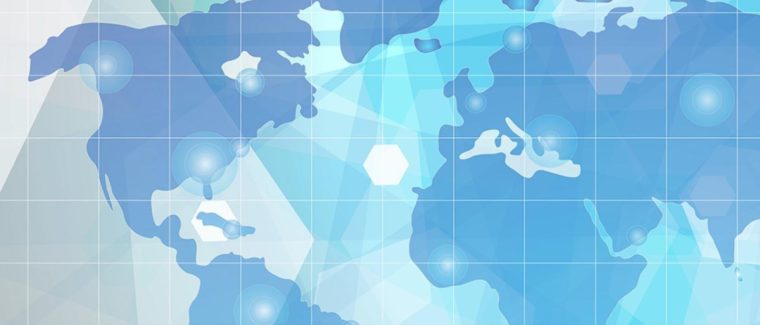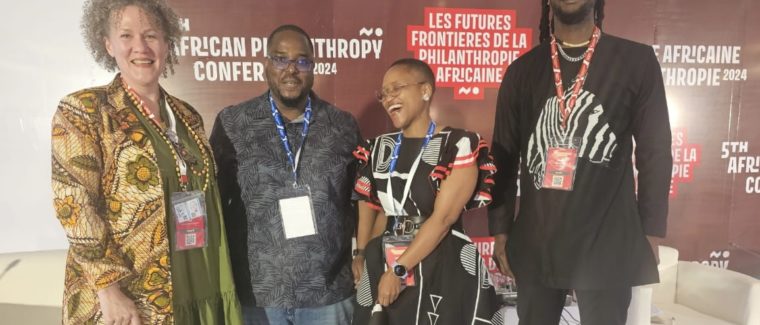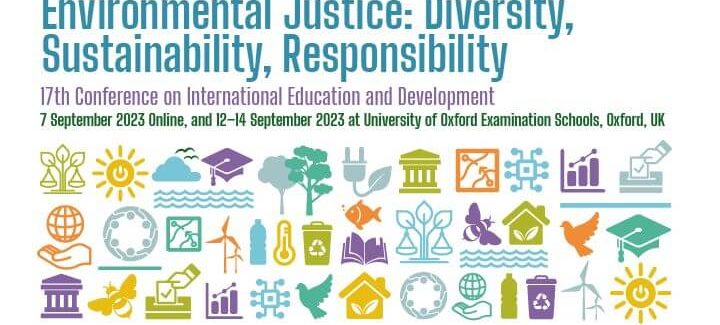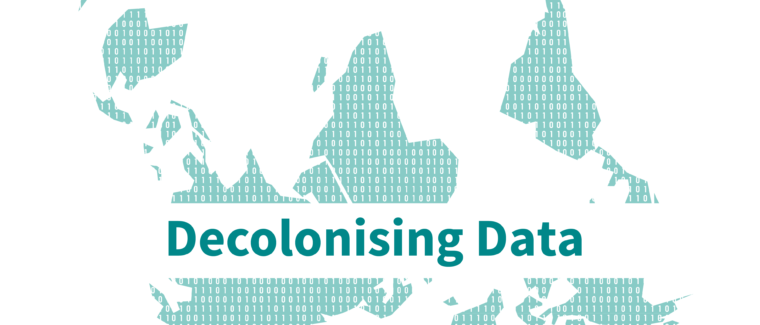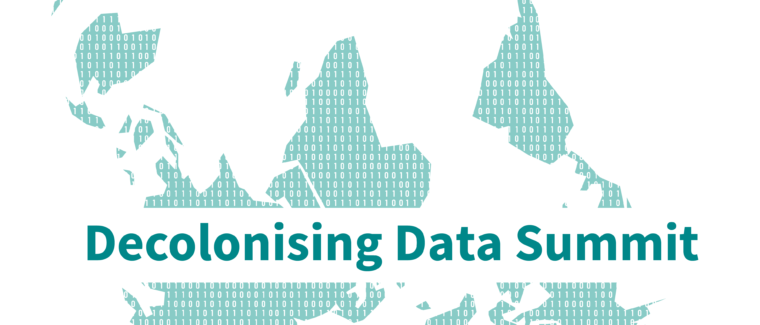Decolonising Education and Development
Decolonising Education and Development
Colonialism and education are closely interlinked. The role of education in colonialism is undeniable. Historically, education systems were used – and abused – in efforts to control colonies. In 2021, African children are taught history of the global North and tested to Northern “standards”, while children in the North are not systematically taught African history nor assessed against African knowledge systems. The content and practices of education have colonised minds: knowledge systems developed in the global North, based on an ideal rational scientific model, dominate educational thinking and practices. The dominance of Northern “standards” permeates education, both internationally through unequal comparisons (such as PISA) and domestically through the reproduction of injustice and oppression within educational systems, to the detriment of other knowledge systems and the peoples who embody them.
To address the persistent inequalities that remain as legacies of the colonial experience, education today requires decolonisation across many separate areas: data, estates, institutions, reparations, research, teaching, and more. Only by decolonising each of these spheres will education be able to live up to its potential as a transformative space for individuals and societies.
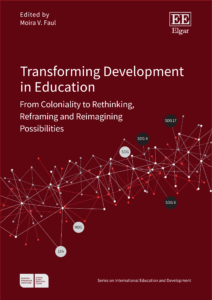 Transforming Development in Education
Transforming Development in Education
From Coloniality to Rethinking, Reframing and Reimagining Possibilities
Edited by Moira V. Faul, Director of Research and Executive Director, NORRAG
Open access publication
Early 2025
E. Elgar Cheltenham, UK
Blog series
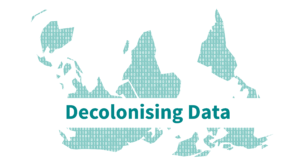
Decolonising Data Blog Series
The Decolonising Data Blog series is invested in hearing from a diverse range of scholars exploring how coloniality is implicated in the project of datafication, specifically in the contexts of education policy and international development.


